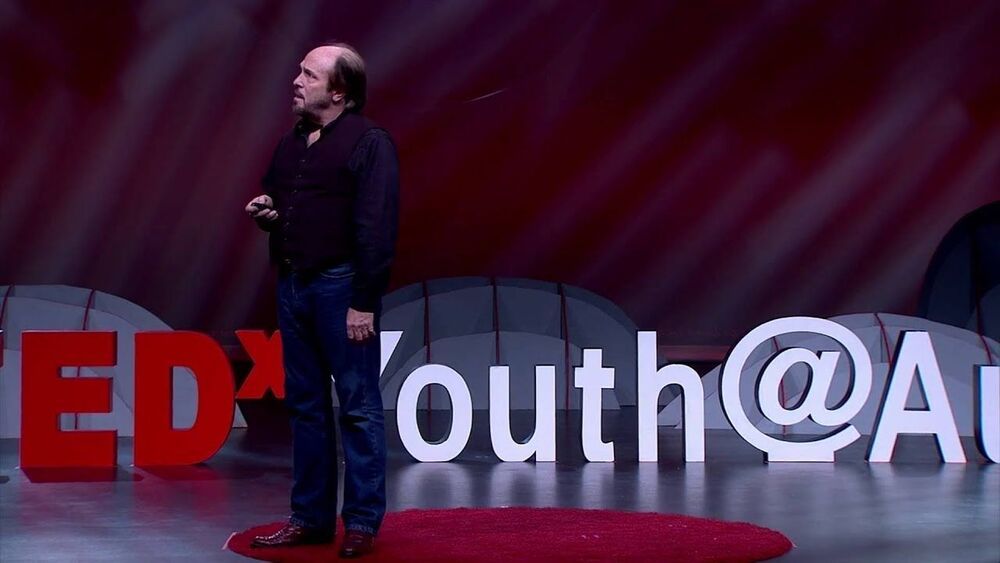This revolution has already started, with wealthy citizens building their own space programs and entrepreneurs building spacecraft on relatively tiny budgets.
This time it must be about people, not governments. Rather than a centrally controlled quasi-military government race to space by two superpowers, we must enable the people themselves to go where they want to go, to do there what they want. If governments decide to return to the Moon — as seems to be the case — it must be to build villages, not bases, and to do it as rapidly as possible, as it needs to be an immediate challenge, not a distant dream. And if some want to go to Mars or mine asteroids, they need to be seen as part of a new frontier community. Thus, with both public and private players doing what they do best where they want to do it, we can make it happen far faster than many might believe.
After all, wherever we go between here and Mars, the challenge this time is not as daunting as going from the Earth to the Moon was in 1961, when we went from knowing almost nothing about space to walking on the Moon in eight years. Since then we have 50 years of experience operating in space. And while we foundered for many years in the waters just off shore in Earth orbit, we’ve learned a lot, developed a vast tool kit and honed our ability to get there, keep people alive and get them back. Opening the new worlds of space is not a technological challenge, so much as it is psychological. It is a matter of decision.
The Frontier offers us new ways of living, new ways to save our world and new ways to work together. It is an anathema to the ideologies of ignorance and hate espoused by those who attack us, as it literally rises above such wars. Even as we roll up our sleeves to defeat those who would push us back into the dark ages we can be creating the age of light. We can look at our children and tell them they need not be afraid. Instead we can share with them a new dream of people working together to achieve something incredible.
